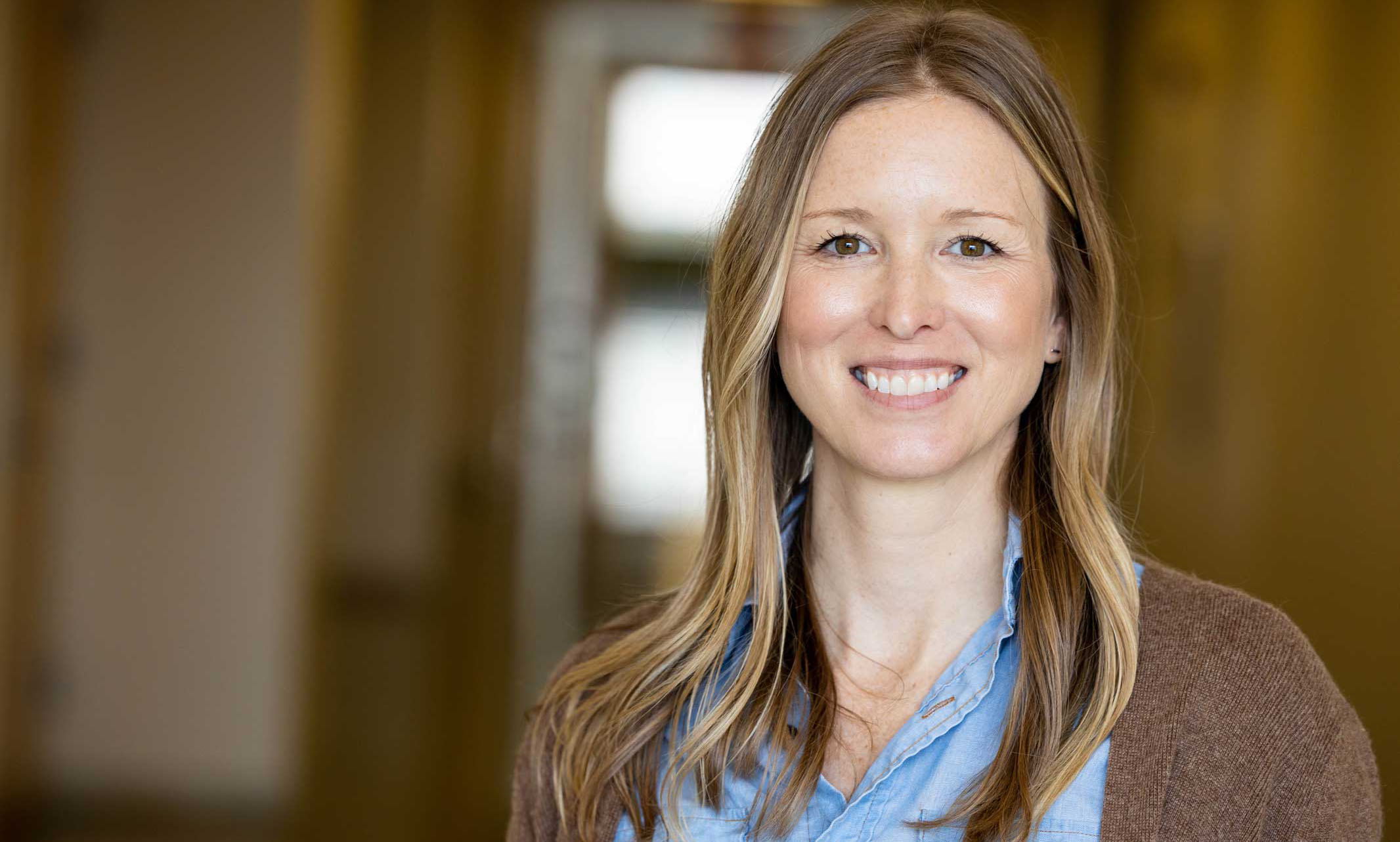With help from UMKC public health researcher Amanda Grimes, Kansas City’s push to a zero-fare bus policy could be a catalyst for change nationwide. The city eliminated bus fare across the city during the pandemic and will continue through 2023.
Over the next two years, Grimes will be studying how the new policy impacts the number of bus riders, as well as physical activity levels and how that relates to bus ridership. The study is funded by an environmental justice grant through the Environmental Protection Agency (EPA).
“We think this can have a huge impact across the nation,” Grimes said. “There are so many different transit organizations in cities looking to see how fares impact health.”
The policy is already gaining national attention. During a recent visit to Kansas City, President Joe Biden praised the policy while promoting a recent federal infrastructure law.
Grimes is an associate professor in the UMKC School of Nursing and Health Studies. The research focuses on active transportation and the health and social influences associated with physical activity. It has shown that it is difficult to get people to change their behaviors.
“The idea of this study is that public transit riders get more physical activity per day, adding five-to-ten minutes of additional activity,” Grimes said. “In the physical activity world, just increasing someone’s activity level by a couple minutes a day is considered a success.”
Grimes is collaborating on the study with Children’s Mercy Hospital and BikeWalkKC, a local non-profit that advocates for active and alternative modes of transportation. Grimes and the team will recruit 50 participants through community organizations that work with residents on the eastside of Kansas City.
For a week, study participants will wear a GPS tracker and an accelerometer, a tool researchers use that measures activity more accurately then personal fitness trackers. With that data, Grimes will be able to track what bus stops participants use, bus routes they take and all the physical activity in-between.
“We hope that we'll see a connection with increased physical activity and bus use because we want to see the policy continue,” said Grimes. “If we can provide evidence that it has these positive health impacts on these vulnerable communities, particularly those living in zip codes with lower life expectancies, that will help with finding funding to sustain the policy.”

